In its ruling, the ITC determined that Qualcomm had infringed on a single patent held by one of its chief opponents in the communications business, Broadcom. The patent, which addresses a power-saving process that kicks in when cellular coverage runs dry, was deemed important enough by the trade bureau that a ban will be imposed in 60 days on any future device found to contain an infringing chip — including many cellphones from the world's largest electronics firms.
Kyocera, LG, Motorola, and Samsung have already protested the ruling, pointing to the dead end it would create for the companies' US release schedules. LG in particular would suffer the greatest immediate blow from its heavy dependence on 3G chipsets for current and future American phones and has joined Qualcomm in formally protesting the decision.
But regardless of the number of phones affected by the ban, the impact may be especially hard for cellphone creators whose new phones will launch at or shortly after the deadline. Motorola's heavily promoted RAZR2 phone has so far been set to arrive in the US during the summer but would be forbidden under the new import rule, potentially sabotaging the company's marketing campaign.
None of the manufacturers created would be fatally wounded by the ban in the near term, according to research group iSuppli. Only 4.4 percent of North American phones shipped this year would face the restriction. However, virtually all would be forced to sell their existing phones at cut rates to prop up sales rather than take advantage of cutting-edge devices that would command a premium.
Most carriers would face more serious consequences, say reports. Verizon claims that 80 percent of its current devices alone use the patent and has joined Qualcomm in seeking a reversal of the ban during its review, which would be handled directly by President Bush. AT&T, Sprint, and T-Mobile have yet to weigh in on the new ban but have already voiced complaints earlier this spring that bans would hurt profits.
Two companies, however, may find the ban comes at an ideal time.
While a small portion of AT&T's current and upcoming phones use the offending Qualcomm chips, the 2.5G-only iPhone is exempt by using alternate components. This guarantees a smooth launch for the Apple-made device but should also give both Apple and AT&T an unexpected edge in the market, iSuppli analyst Jagdish Rebello has told AppleInsider.
"In the near term the benefits to [the] Apple iPhone will be positive," he says. "The ban will force competing carriers to AT&T to rethink plans to introduce enhanced 3G models to compete with the iPhone. If these new models have Qualcomm chipsets, then the carriers will not be able to offer them in the US under the current ban."
The prohibition would force other carriers, and even cellphone makers outside of Apple who also produce phones for AT&T, to instead push months-old equipment. Many of the phones now in jeopardy due to the ITC ruling are supposed to be the iPhone's main competitors, iSuppli adds, but will have to rest by the sidelines should the ban escape a Presidential veto.
And if it does, Apple's first cellphone will face near-ideal conditions for its June 29th introduction that could leave the device largely unopposed for its critical first months on the shelves.
 Aidan Malley
Aidan Malley
-xl-(1)-xl-xl-m.jpg)


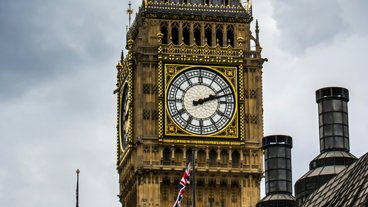


-m.jpg)





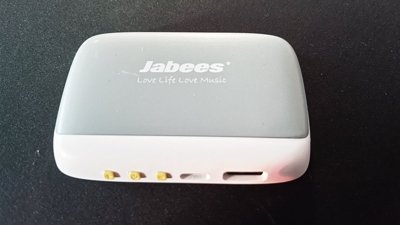
 Amber Neely
Amber Neely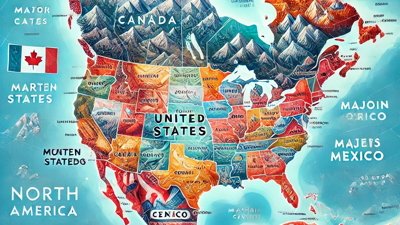
 Wesley Hilliard
Wesley Hilliard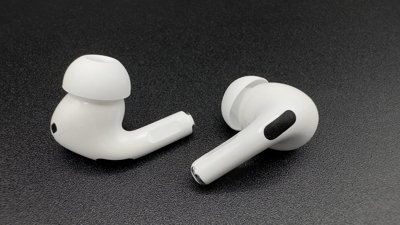
 Marko Zivkovic
Marko Zivkovic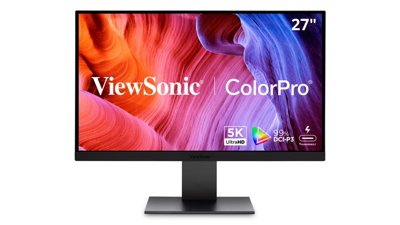
 Andrew Orr
Andrew Orr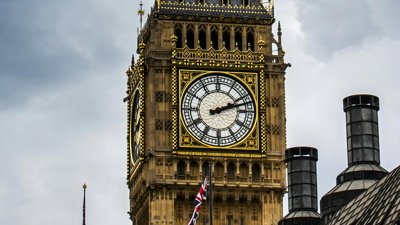
 Malcolm Owen
Malcolm Owen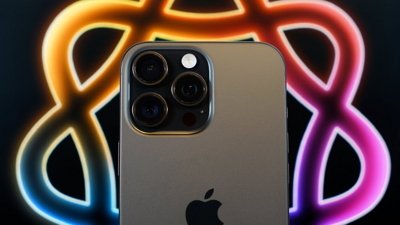

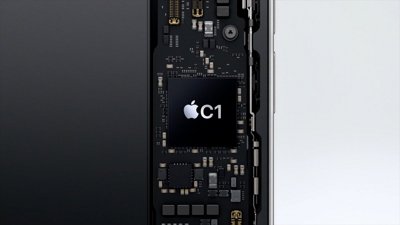
 Andrew O'Hara
Andrew O'Hara






70 Comments
Sounds like fun times ahead, first post, great
I hear Steve is also going to re-align the planets for the 29th. Yer know... just because he can.
I guess EDGE was a great desicion after all. Never doubt his Steveness!
I hear Steve is also going to re-align the planets for the 29th. Yer know... just because he can.
So you are saying that Steve is responsible for the US International Trade Commission ruling?
Government:
What you are doing is illegal.
American Big Business: Yeah but it means a lot of money to us.
Government: But it's still illegal.
American Big Business: Yeah but it means a lot of money to us. Laws don't apply to us, or celebrities! It's all about the profits damnit!
Government: Not so fast!!! Paris Hilton get back in jail, and Big Business don't even think about trying to import those illegal phones.
American Big Business: Yeah but it means a lot of money to us. Just wait until we tell Dubya, you guys are in trouble. We're above the law, but to show you we have no hard feelings you can have Paris Hilton.
President George W Bush: There is a war on terror going on, we have to have those phones to track terrorists. I hereby veto this ban. (Big words added by author to help prop up Bush's vocabulary)